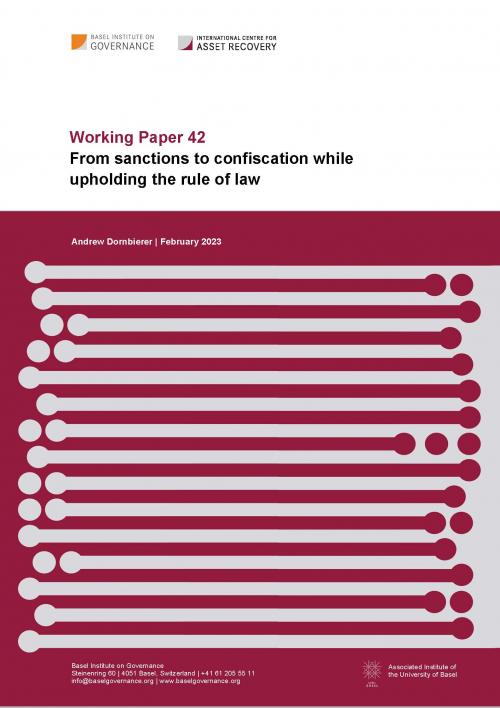Fighting Corruption in the Russian Regions: Handbook for Small and Medium-Sized Enterprises
Russian small- and medium-sized enterprises (SMEs) have repeatedly cited corruption as the main factor hindering their growth. In the 1990s and early 2000s, Russian entrepreneurs paid bribes for certain extralegal activities to secure an advantage over competitors, to induce bureaucrats to overlook infractions of the law, or to speed various regulatory or licensing processes. In the past several years, however, the dynamic has shifted radically, according to local experts who study the issue closely. Entrepreneurs are now forced to pay bribes by officials who demand payment to provide services – such as provision of licenses or permits – that are entirely legal, and that by law must be free of charge. In addition to this development, the business community has seen the growth of the phenomenon of “raiding,” whereby bureaucrats who are no longer content to extract individual payments from businesses use ostensibly legal means to orchestrate the illegal takeover of a firm.
However, the picture is not entirely bleak. Despite these difficulties, Russian entrepreneurs continue to open businesses and actively pursue ways to protect their livelihoods. Chambers of commerce and business associations are at the forefront of those efforts. They recognize that, in a highly corrupt environment, collective action can provide a necessary measure of protection for an individual businessperson looking to push back against the demands of a corrupt official.
Over the past 10 years, the Center for International Private Enterprise (CIPE), with the support of the U.S. Agency for International Development (USAID), has implemented a “SME Policy Advocacy” project in Russia, working with the business community and government officials to find ways to lower barriers to doing business and reduce opportunities for corruption. CIPE has helped to build coalitions of chambers and associations in 18 Russian regions and work with several key national-level groups that are advocating for important changes to create a more transparent business environment.
Having achieved important successes at the regional level and developed a range of innovative tools and approaches, CIPE’s SME Policy Advocacy project serves as an important guide to private sector-led, collective action anti-corruption programs. This handbook will present the strategies that CIPE’s partners have employed, and serve as a model for how such strategies can be replicated in other regions of the world.



